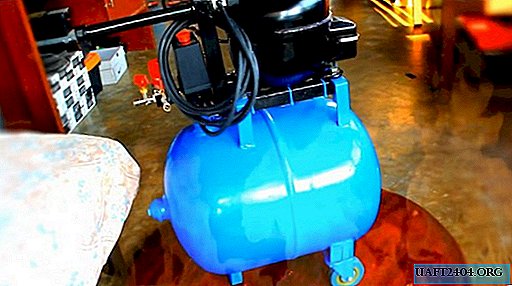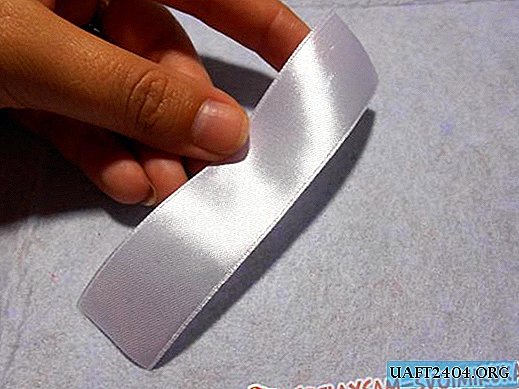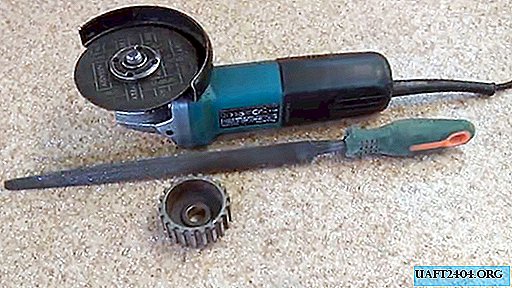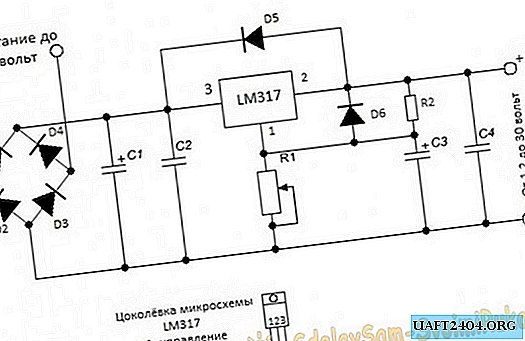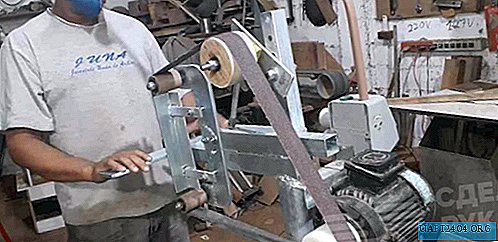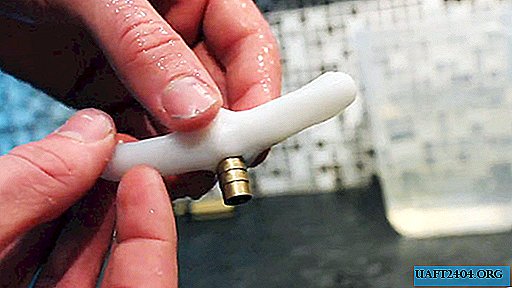Looking through various sites on needlework, I liked a couple drawn in the form of silhouettes on a black and white background. And I, picking up the idea, decided to make panels using the iris folding technique.
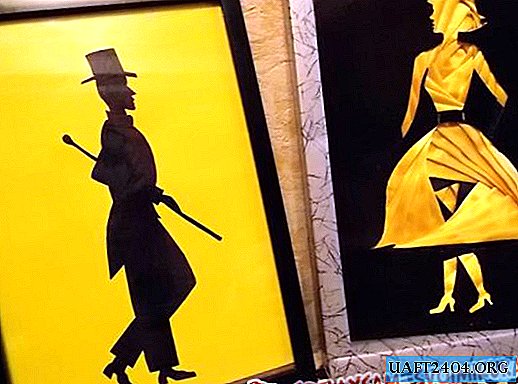
I will share the main stages of work, here is my master class. Having chosen two contrasting colors (yellow and black), we take a thick cardboard and draw a silhouette of a gentleman with a cane and an elegant lady. It was decided to make a lady in yellow on a black background, and a man, on the contrary, in black on a yellow background.
For crafts, you will need: thick colored cardboard (in our case 1 sheet of black and 1 sheet of bright yellow cardboard), 2 sheets of plain white cardboard, black and yellow fabric, scissors, a stationery knife or blade, scotch tape and the iris folding template.

Templates can be prepared independently or use those that offer thematic sites on needlework. In the presented works, the templates were drawn independently. Used 2 geometric shapes - a rectangle and a triangle.
From the wrong side, on colored cardboard we mark and draw silhouettes. After the silhouettes are drawn, they must be cut with a sharp clerical knife or blade strictly along the contour. This will be our basis on which strips of fabric will be attached. The edges of the silhouettes should be clear and even.

Let's start with the silhouette of a man. First you need to cut strips of black fabric 2 cm wide, they can be of different lengths. Each strip must be folded and ironed thoroughly with an iron, then it will be easier to fix the tape. For the male silhouette, 2 rectangles of different sizes were used - in the head area and in the tailcoat area. We fix the templates on the table with tape and place the prepared base on top and also fix the tape.

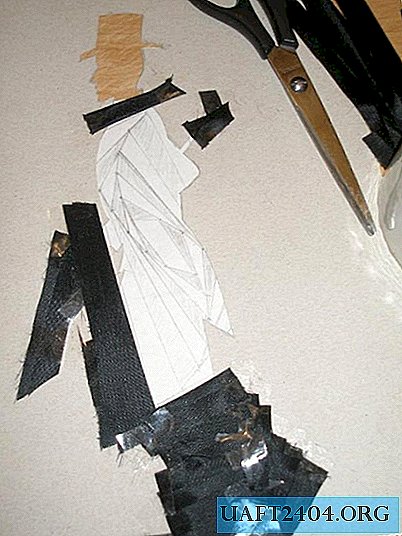


Now came the most time-consuming process, which requires accuracy and attention from the performer. We lay out each strip of fabric according to the drawn pattern in a circle, starting from edge to middle, with a fold in the middle. The edges of the fabric are fixed with pieces of adhesive tape, gluing the edge of the fabric to the base. And so until everything closes and a small rectangle remains in the middle, which can be covered with a cloth or black cardboard. From the wrong side, the craft may look messy, but be patient and finish the panel.
The wrong side is covered with a clean sheet of cardboard or fiberboard, prepared in the size of the base. Now you peel the product off the surface and turn it over. And here is the result for which it was worth working hard.
In the same way we make a lady. We fix the templates and the base with tape, so that they do not move during operation. The upper part (head and body to the waist) will be laid out according to the pattern of the rectangle, and the skirt - according to the pattern of the triangle. Legs and black gloves (and arms) were laid out separately simply in parallel stripes. Since the lady is carved on a black background, the fabric used a yellow satin. And just the strip behind the strip is laid out the second panel, the middle of the triangle can be covered with black cloth for contrast.



When the work is completed, you can additionally glue all the strips with a single strip of adhesive tape. Then the wrong side is sealed with white cardboard or fiberboard. The finished panel can be turned over and admire the work received.

It remains to place both panels in frames and hang on the wall. They will be a wonderful decoration for the interior of any room. It is especially important that it is made by hand.

